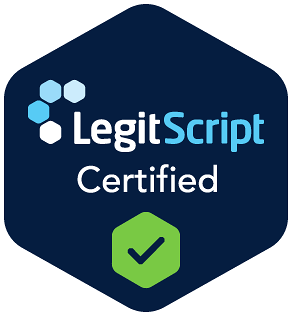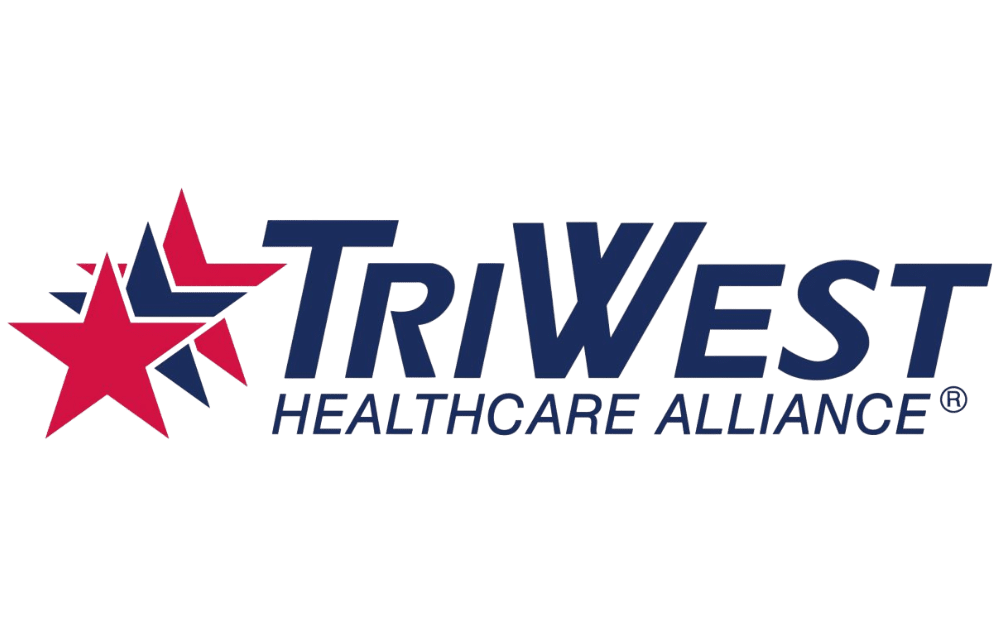dual diagnosis treatment – Resources
Dual diagnosis treatment
Types of Dual Diagnosis Disorders
At Mile High Recovery Center, we understand that dual diagnosis involves the presence of both a mental health disorder and a substance use disorder. These dual diagnosis disorders can manifest in various forms, encompassing a wide range of mental health conditions such as anxiety, PTSD, bipolar disorder, and schizoaffective disorders, combined with substance abuse challenges involving alcohol, opioids, benzodiazepines, and more. The complexity of these disorders requires a nuanced and integrated approach to treatment.
Co-occurring Mental Health and Substance Use Disorders
Dual diagnosis is more common than one might think, with many individuals experiencing mental health and substance use disorders simultaneously. The interaction between these disorders can exacerbate the symptoms of each, creating a cycle that can be difficult to break without professional help. At our center, we recognize the importance of addressing both issues concurrently to facilitate holistic and long-lasting recovery.
Importance of Integrated Treatment
Integrated treatment is the cornerstone of our approach at Mile High Recovery Center. We believe that to effectively manage dual diagnosis, both the mental health and substance use aspects must be treated together. This integrated model not only improves outcomes but also reduces the chances of relapse, as it tackles the root causes and effects of both conditions in a cohesive manner.
Dual Diagnosis Treatment Approaches
Our comprehensive treatment approaches blend evidence-based clinical therapies with experiential modalities to meet the diverse needs of our clients. We offer various levels of care, including residential treatment, partial hospitalization, intensive outpatient, and outpatient programs, ensuring that each individual receives the care appropriate to their stage of recovery and personal journey.
Psychotherapy in Dual Diagnosis Treatment
Psychotherapy is a vital part of dual diagnosis treatment at Mile High. Techniques such as Cognitive Behavioral Therapy (CBT), Dialectical Behavior Therapy (DBT), and Motivational Enhancement Therapy are employed to help patients address the psychological aspects of their dual diagnosis. Psychotherapy provides our clients with coping strategies and tools to manage their mental health disorders while supporting sobriety.
Medication Management in Dual Diagnosis Treatment
For many individuals, medication management forms a critical component of their dual diagnosis treatment plan. We utilize medications such as Suboxone and Vivitrol to assist with substance use disorders, while also addressing mental health symptoms. Our medical team closely monitors these treatments to optimize their effectiveness and ensure the safety and well-being of our clients.
Addressing Both Disorders Simultaneously
At Mile High Recovery, we emphasize the simultaneous treatment of both mental health and substance use disorders. By doing so, we can more effectively address the intertwined nature of these conditions. Our multidisciplinary team collaborates to create personalized treatment plans that address all aspects of our clients’ mental and physical health.
Dual Diagnosis Treatment Facilities
Our Denver-based facilities are equipped to provide an array of services tailored to dual diagnosis treatment. With our same-day admission process and 24-hour access for intake, we ensure that individuals are promptly admitted and begin receiving the care they need without unnecessary delays. Our state-of-the-art facilities and sober living homes offer a safe and supportive environment conducive to recovery.
Support and Aftercare for Dual Diagnosis Patients
Recovery does not end with treatment. At Mile High Recovery, we place a strong emphasis on support and aftercare to ensure lasting success. Our coordinated sober living options, active alumni community, and ongoing support services provide a continuum of care that helps individuals maintain their recovery as they transition back into their daily lives.
Through personalized treatment models, evidence-based therapies, and an integrated housing-to-treatment pipeline, we strive to empower our clients to achieve sustainable recovery and well-being. With a dedicated team featuring clinicians and staff with lived recovery experience, we are committed to guiding each individual toward a healthier, substance-free life.
Additional Resources:
Adolescent Outpatient Treatment Nj
New Chapter Youth Program
New Chapter Youth Recovery is dedicated to providing comprehensive adolescent outpatient treatment in NJ for teens struggling with substance use and mental health disorders. Our evidence-based clinical services, including individual therapy, family counseling, and cognitive behavioral therapy, are tailored to meet the unique needs of each young person. Our multidisciplinary team of licensed counselors and clinical therapists works collaboratively with families, schools, and community providers to ensure a holistic approach to treatment. We offer flexible levels of care, from Partial Hospitalization Program to standard Outpatient, to support adolescents on their journey to recovery. Our focus on measurable outcomes and reentry… New Chapter Youth Program
Outpatient Drug Rehab
Frontline Recovery | Outpatient Drug & Alcohol Detox FL
Outpatient drug rehab in Pompano Beach, South Florida, provides a flexible, accessible, and structured path to recovery, allowing individuals to maintain work, family, and daily responsibilities. This model avoids overnight stays while offering essential services like individual and group counseling, medical monitoring, medication-assisted treatment (MAT) for conditions such as opioid withdrawal, and life skills training. Pompano Beach stands out in the region for offering comprehensive options, including outpatient detox and Intensive Outpatient Programs (IOP), which integrate mental health resources for dual-diagnosis care (e.g., addiction and PTSD for veterans).
Outpatient programs typically involve structured daily sessions (2-3 hours) 3-5 days a week… Frontline Recovery | Outpatient Drug & Alcohol Detox FL
















